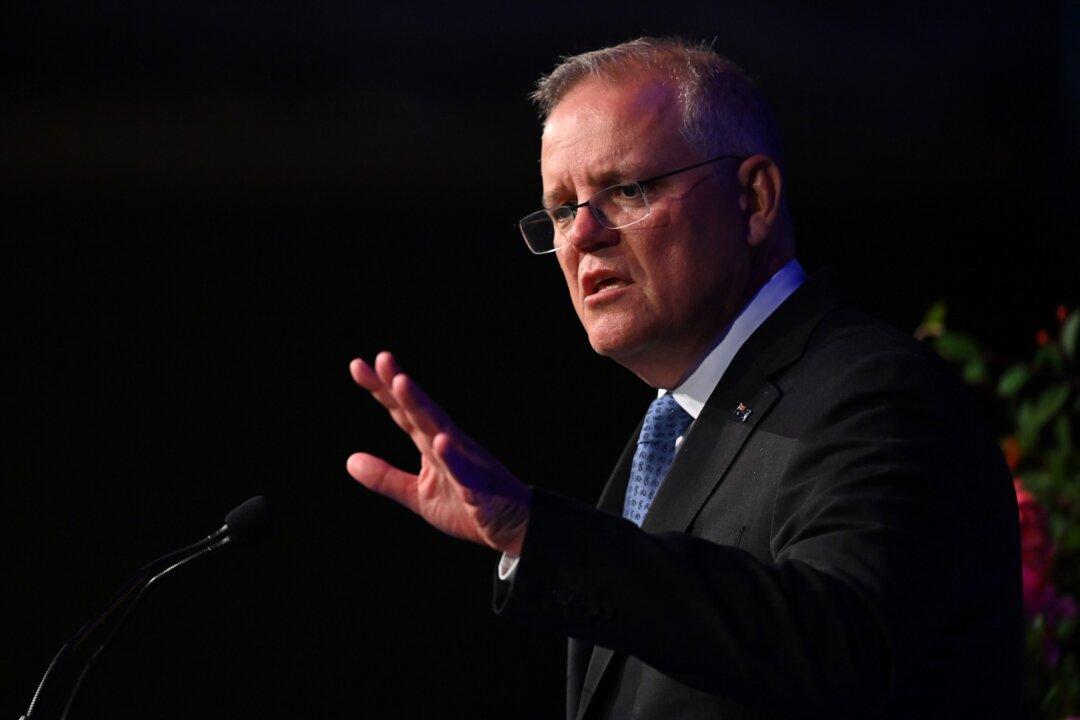Prime Minister Scott Morrison has announced the second phase of the COVID‑19 Economic Recovery Plan, part of the upcoming 2021-2022 treasurer’s budget.
In an address to the Business Council of Australia on April 19, Morrison said that the budget would build on the foundations of last year’s economic recovery plan—a plan that saw $98 billion (US$76 billion) in COVID-19 response measures and unemployment fall to 5.6 percent—lower than pre-pandemic levels. At the same time, the economy has recovered 85 percent of its COVID-induced losses.





